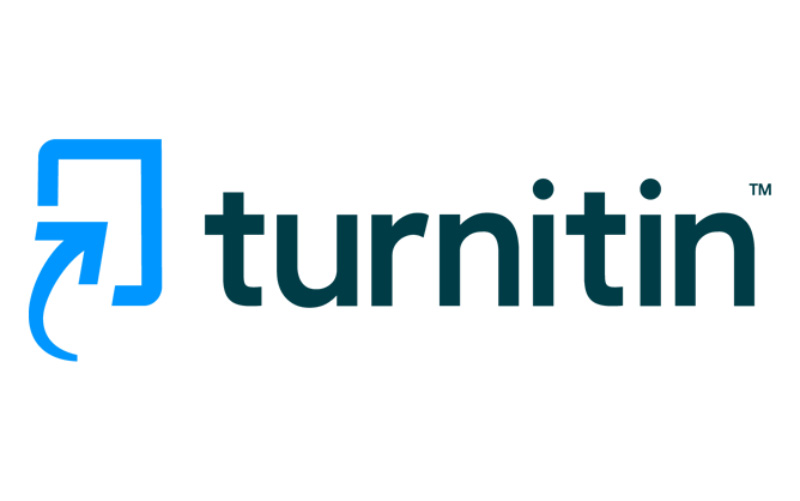PENGESAMPINGAN KOMPETENSI RELATIF OLEH ASAS HUKUM DALAM SISTEM PERADILAN PERDATA (KAJIAN TERHADAP PUTUSAN NOMOR: 446/Pdt.G/2018/PN.DPS)
Abstract
To carry out a more flexible market expansion, usually a company will open a branch office. This branch office is a representation of the head office in a certain area. The branch office is an extension of the head office, so that if a dispute arises in business relations and the resolution of the problem reaches the court, the branch office is often positioned as a party to the case, even though according to the provisions in the Law on PT which represents the company in dispute is the head office. The purpose of this paper is to find out whether the lawsuit filed by the plaintiff to the branch office does not violate the court's relative competence, and to determine the relevance of simple, fast and lowcost judicial principles in resolving the case. In this study, this type of research uses normative research by examining Court Decisions, the approach method is by intensively studying material facts (ratio decidendi) in the application of the basis for a lawsuit against the law in Civil Lawsuit No: 466/Pdt.G/2018/PN.DPS. In Denpasar, the results showed that the filing of a lawsuit at the branch office of a company in the form of a Limited Liability Company did not violate the Court's Relative Competence, because the branch office is an extension of the Board of Directors in the head office and carries out duties for the benefit of the head office. The principle of a simple, fast and low-cost trial is very relevant to be applied in this case because the implementation of the case can be more effective and efficient, because the case is handled by the Denpasar District Court so that it can save time, energy and costs.
References
Amir Ilyas, (2016) Kumpulan Asas-asas Hukum, Jakarta: Rajawali
Chidir A, (1976) Badan Hukum (Rechtspersoon), Bandung, Penerbit Alumni
Mulhadi, (2016) Hukum Perusahaan, Bogor, Ghalia Indonesia
Ridwan Khairandy, (2009) Perseroan Terbatas Doktrin, Peraturan Peraturan Perundan-
Undangan, dan Yurisprudensi Edisi Revisi, Ctk. Kedua, Yogyakarta, Total Media.
Sabuan AN, (1990). Hukum Acara Pidana Bandung: Angkasa
Soerjono Soekantodan Sri Mamudji, (2009) Penelitian Hukum Normatif Suatu Tinjauan
Singkat, Cetakan ke 11, Jakarta, PT Raja GrafindoPersada.
Sutantio R. Ny, dan Oeripkartawinata Is, (1986), Hukum Acara Perdata dalam Teori dan Praktek, Bandung: Alumni
Yahya Harahap.M, (2001). Pembahasan Permasalahan dan Penerapaan KUHAP. Jakarta, Sinar Grafika.
Yahya Harahap M, (2005), Hukum Acara Perdata tentang Gugatan, Persidangan, Penyitaan, Pembuktian, dan Putusan Pengadilan, Jakarta, Sinar Grafika.
2. Jurnal
Hidayat ISW, (2017), Tinjauan Yuridis Akta Cabang Perseroan Terbatas (Study Kasus pada PT Cito Putra Utama/Laboratorium Klinik Cito), Universitas Islam Sultan Agung Semarang
Wantu F M. (2012) Mewujukan Kepastian Hukum, Keadilan dan Kemanfaatan Dalam Putusan Hakim di Peradilan Perdata, Jurnal Dinamika Hukum, (Gorontalo) Vol. 12 Nomor 3
3. Peraturan Perundang-undangan
Het herziene Indonesch reglement (HIR) / Reglement Indonesia yang diperbaharui
Stb:1848 Nomor 16, Stb 1941 No.44
Rechtsreglement buitengewesten, (R.Bg) atau Reglement Daerah Seberang Stb.1927
Nomor 227
Undang Undang Republik Indonesia No: 40 Tahun 2007 tentang Perseroan Terbatas
Copyright (c) 2021 Gusti Ngurah Anom, Made Emy Andayani Citra

This work is licensed under a Creative Commons Attribution-NonCommercial 4.0 International License.
Authors whose manuscript is published will approve the following provisions:
-
The right to publication of all journal material published on the AKTUAL JUSTICE journal website is held by the editorial board with the author's knowledge (moral rights remain the property of the author).
-
The formal legal provisions for access to digital articles of this electronic journal are subject to the terms of the Creative Commons Attribution-ShareAlike (CC BY-SA) license, which means Jurnal of AKTUAL JUSTICE reserves the right to store, modify the format, administer in the database, maintain and publish articles without requesting permission from the Author as long as it keeps the Author's name as the owner of Copyright.
-
Printed and electronically published manuscripts are open access for educational, research, and library purposes. In addition to these objectives, the editorial board shall not be liable for violations of copyright law.









1.png)

